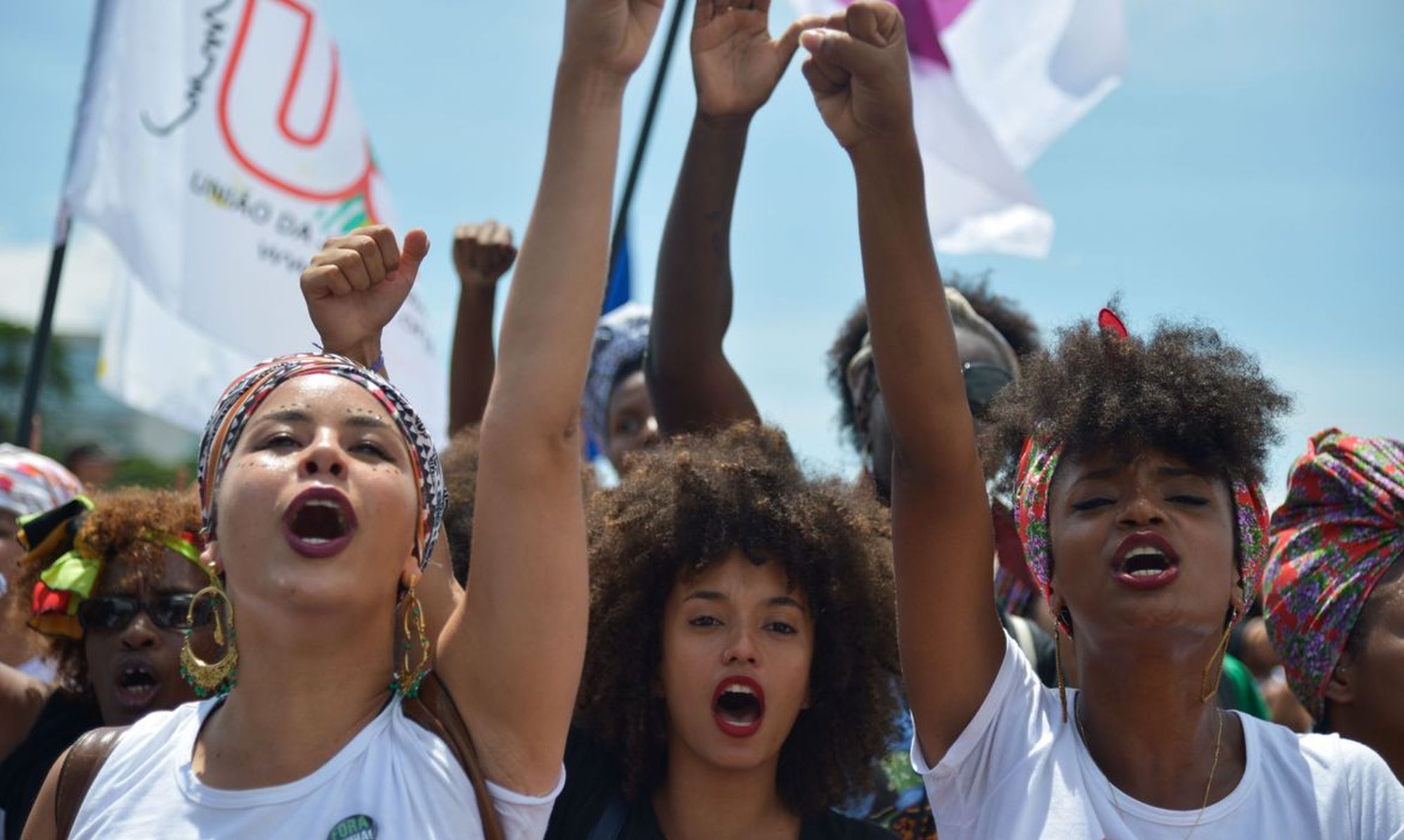by JORGE JACOB

On 8 January, thousands of supporters of Brazil’s defeated former president, Jair Bolsonaro, stormed the country’s Congress, Supreme Court, and presidential offices, rallying against what they falsely claim was a rigged election. The scenes, which took place almost exactly two years after the US Capitol attack on 6 January 2021, when thousands of Donald Trump backers illegally entered the Washington building, are a sign of the immense challenge that Lula faces as he seeks to reunite a sharply divided society just a week into administration.
In his inauguration speech on 1 January, President Luiz Inácio Lula da Silva spoke alongside an Indian chief, a disabled boy and a metal worker, explicitly and implicitly putting inclusion and social unity at the centre of his agenda. As a scholar studying intergroup relations and discrimination in Brazil, I can attest that Lula’s approach will radically differ from Bolsonaro’s.
Colorblind and multicultural approaches to diversity
Since Bolsonaro took office in 2019, the number of invasions of indigenous lands has almost tripled. Brazil also has one the world’s highest number of homicides against the asexual, lesbian, gay, bisexual, and trans population, with at least 300 people suffering violent deaths (murders and suicides) in 2021 alone.
At an ideological level, the former president’s approach toward minorities – racial minorities such as black Brazilians and indigenous population, poor residents of Brazilian favelas and the LGBTQIA+ population – can be summed up with the concept of “colorblindness”. In 2018, Bolsonaro quite literally appeared alongside campaigners donning a T-shirt labeled “Minha cor é o Brasil” – “My color is Brasil”.
According to current research, “colorblindness” involves ignoring differences within groups based on race, sexual orientation, ethnicity or other factors. Such a social-psychology approach argues that equality among groups is best gained by downplaying distinctions and treating people as unique individuals. Lula, by contrast, champions a multicultural strategy, aiming to recognize and value all the differences between these diverse groups.
The “colorblind” Brazil under Bolsonaro’s administration
During his mandate, Bolsonaro articulated the vision of a homogenous, colorblind society with no particular racial, ethnic or sexual orientation, or other social group differences.
Interestingly, studies show that individuals from dominant groups tend to lobby for colorblindness as they may see it as a means of maintaining their privileges over marginalized groups. They may have a point: scholars have long established that public policies that ignore group differences may hinder initiatives that seek to address injustices against the most vulnerable or stigmatized groups. In Brazil, this would translate into a status quo where white privileged heterosexual men will maintain their grip over power.
In fact, leaders who favor colorblindness policies tend to minimize racial discrimination and the need to protect minority groups. For all of the denials, there was an anti-blackness streak to the Bolsonaro administration. In its annual study, the national confederation of Quilombolas (descendants of traditional runaway-slave communities) documented 16 instances of racist remarks made by his officials in 2019, 42 in 2020 and 36 in 2021.
On the other hand, Bolsonaro’s open disregard for indigenous groups’ human rights and land has received more attention. He also consistently took market-oriented decisions that benefit privileged groups, including reduced export taxes and reducing protection of indigenous lands against agribusinesses.
Brazzil for more
